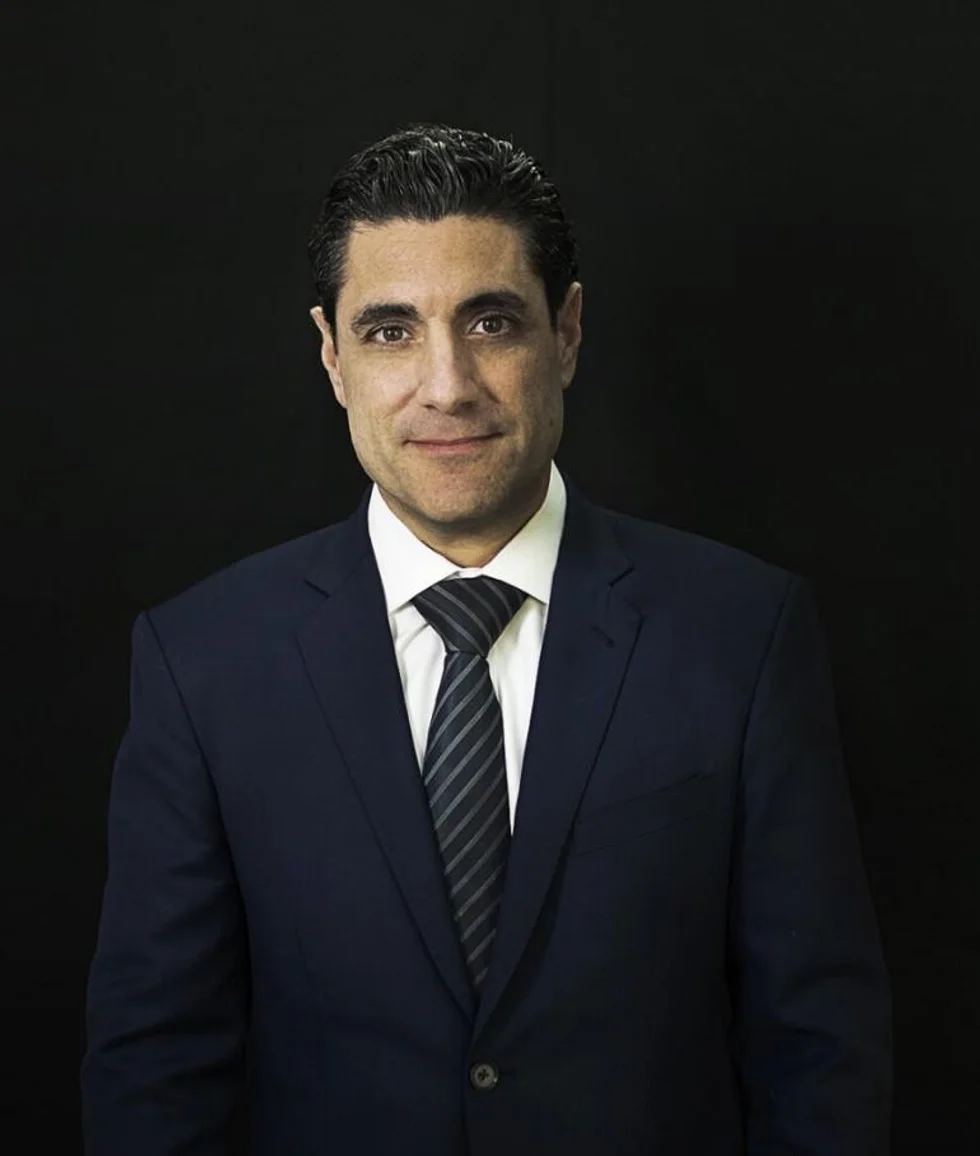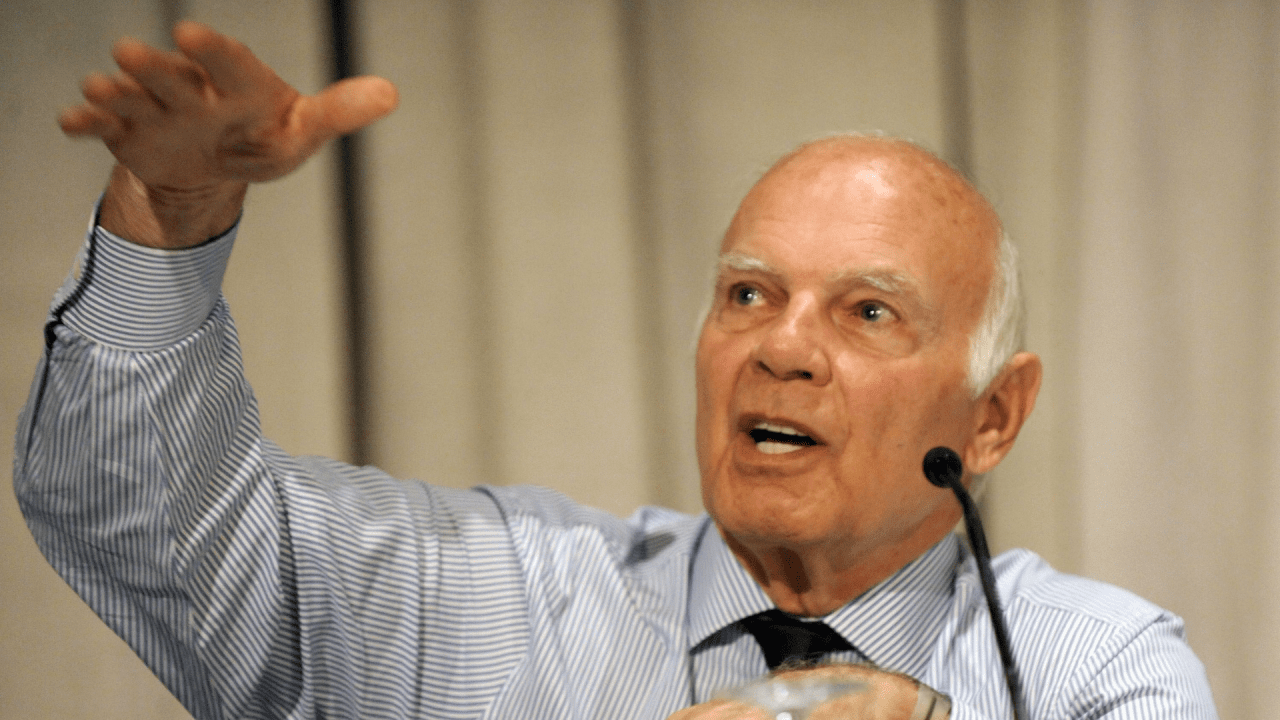|
Getting your Trinity Audio player ready...
|
Edited by: TJVNews.com
Raymond Gindi, a key figure in the family behind the renowned Century 21 department stores, has emerged victorious in the initial phase of a significant legal conflict with Steve Roth’s Vornado Realty Trust, as was recently reported in The Real Deal. This case centers around allegations of a breached agreement concerning the return of Century 21 as an anchor tenant at Vornado’s Rego Center mall in Queens.
The legal tussle began when Vornado Realty Trust sued two LLCs affiliated with the Gindi family and Raymond Gindi himself. The Real Deal report said that Vornado alleged that the Gindis had breached a deal to bring Century 21 back to Rego Center after the retailer exited during bankruptcy proceedings. According to Vornado, it had financially supported the Gindis’ bid to acquire the intellectual property rights of Century 21, with the understanding that the retailer would re-establish itself at Rego Center, according to the information provided in The Real Deal report. This deal was crucial for Vornado, as Century 21 was a major tenant that significantly contributed to the mall’s foot traffic and overall appeal.

However, the Gindis contested these claims, arguing that there was no obligation for Century 21 to re-sign a lease at Rego Center. As was indicated in The Real Deal report, they asserted that the new flagship store in Lower Manhattan is operated by Legends Hospitality, a separate entity responsible for running and managing the store, thereby absolving them of any contractual obligation to Vornado concerning the Queens location.
In its lawsuit, Vornado sought to hold Raymond Gindi personally accountable, alleging that he was the primary negotiator of the agreements in question. Vornado’s legal strategy included direct accusations against Gindi, aiming to leverage his involvement in the negotiations as a basis for personal liability, The Real Deal report explained. Gindi’s legal team, led by Terrence Oved and Darren Oved of Oved & Oved, characterized Vornado’s actions as harassment and coercive tactics designed to pressure Gindi.

The recent 18-page ruling by New York State Judge Margaret Chan marked a significant setback for Vornado. Judge Chan dismissed all claims against Raymond Gindi, stating that the allegations lacked any substantive evidence of Gindi’s personal intent or control over the agreements. “Nothing in the plaintiffs’ cursorily-asserted allegations shows a manifestation of intent attributable to Raymond Gindi’s own conduct or control,” Chan asserted in her ruling, as noted inThe Real Deal report.
This dismissal is a substantial legal victory for Gindi, as it clears him of personal liability in this phase of the litigation. The Real Deal also reported that Terrence and Darren Oved, commenting on the ruling, said “By rejecting Vornado’s baseless claims and transparently coercive tactics, the court’s decision wholly vindicates Mr. Gindi.”

The Oved law firm regularly represents strategic investors as well as public and private companies in major M&A transactions, acquisitions, investments, divestitures, joint ventures and carve-out transactions. The firm often serves as outside corporate counsel to entrepreneurs, business owners and domestic and international companies, helping clients structure, negotiate and document deals from formation and financing through the acquisition, growth, restructuring, merger or sale of their business interests.
While this ruling is a decisive win for Raymond Gindi, the broader legal battle between the Gindis and Vornado Realty Trust is far from over. The case highlights the complexities and high stakes involved in commercial real estate agreements, especially those entangled with bankruptcy and restructuring scenarios.
Vornado’s strategy to pursue personal liability claims against Gindi suggests the depth of the conflict and the significant financial and operational impacts at stake. The Real Deal report said that with Century 21’s intellectual property now under the Gindis’ control and their strategic partnership with Legends Hospitality for the Lower Manhattan store, the resolution of this dispute will be closely watched by industry observers.
Vornado declined to comment to The Real Deal on the ruling, leaving its next steps in the litigation uncertain. However, given the importance of anchor tenants like Century 21 to mall operators, it is likely that Vornado will continue to explore legal avenues to enforce what it views as a breached agreement.

Century 21, a beloved department store co-founded by Raymond Gindi’s father, Al Gindi, in 1961, faced severe financial challenges during the COVID-19 pandemic. Noted in The Real Deal report was that like many brick-and-mortar retailers, Century 21 struggled with reduced foot traffic and changing consumer behaviors. In September 2020, Century 21 and its affiliated LLCs filed for bankruptcy, allowing the company to exit most of its leases while retaining its flagship store in Lower Manhattan.
To maintain operations at this flagship location, the Gindi family and Vornado’s Haim Chera reportedly struck a deal. According to the information contained in The Real Deal report, Vornado agreed to fund 40 percent of the costs required to acquire Century 21’s intellectual property, a critical asset for the retailer’s revival. The Gindis claim they repaid Vornado shortly after the deal was finalized, though Vornado disputes the fulfillment of this agreement.
The current litigation involves Vornado’s efforts to enforce alleged agreements made during Century 21’s bankruptcy. While the court dismissed personal claims against Raymond Gindi, it allowed Vornado’s claims against the two Gindi-affiliated LLCs to proceed. These claims will focus on the specifics of the deal struck to keep Century 21’s intellectual property and the financial arrangements between the parties.
Vornado Realty Trust, one of New York City’s largest commercial real estate landlords, has a significant presence with ownership stakes in 20 million square feet of office properties in Manhattan, as was indicated in The Real Deal report. The firm’s aggressive legal strategy shines a spotlight on the high stakes involved in securing and managing prime retail and office space in the city.
Raymond Gindi, co-founder of Gindi Equities, manages a portfolio focused on multifamily properties with $300 million in assets under management. The Real Deal report noted that Gindi Equities’ success in the real estate market contrasts with the challenges faced by Century 21, highlighting the diverse interests and ventures of the Gindi family in the property sector.
In addition to the dispute with Vornado, Raymond Gindi has been embroiled in a multi-year lawsuit with retail landlord Ben Ashkenazy. This lawsuit involves allegations of defamation and financial disputes over capital calls, with both parties accusing each other of owing money, as was reported by The Real Deal. This case further illustrates the complex and often contentious nature of real estate dealings among high-profile investors and landlords in New York City.
The continuation of Vornado’s claims against the Gindi-affiliated LLCs indicates that the legal proceedings will delve into the intricate details of the agreements made during Century 21’s bankruptcy. These proceedings will likely explore the financial and contractual obligations of both parties, shedding light on the strategies employed by large real estate firms and retail operators to navigate financial distress and market volatility.
For Vornado, securing favorable outcomes in these legal battles is crucial to maintaining its strong position in the competitive New York City real estate market. For the Gindi family, the litigation presents both a challenge and an opportunity to clarify and defend their business practices and agreements.





